Investing in the stock market is like a High Yield Savings Account where you put in your savings and make money work for you.
It is a viable option for long-term savings and getting a good yield on your money as a passive wealth creation tool.
With the pandemic, we all have learned that you need to build up your savings and create passive income sources, which can come in handy in times of emergencies.
If you still have a single source of income, this is a great way to start creating wealth and having some liquid investments that you can use large cap stocks when in need, and until then, it can keep growing.
Long-term investments in stocks tend to have many tax benefits. You can watch this video to learn the benefits of investing in the stock market. If you are starting to invest, it is advisable to invest in bluechip companies.
These are the large-cap stocks defined by their market capitalization. The top 100 companies with huge market capitalization are known as large-cap stocks.
Investing in these large-cap stocks is easier cause they have a good amount of historical data to analyze. Let's start by listing some large-cap stocks that you can consider when looking to invest.
In this guide, we ranked and reviewed the 10 best Large Cap Stocks, along with our top 3 choices, so that you can pick the best one for you.
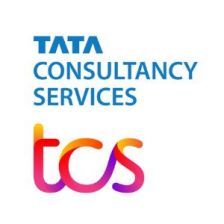
Tata Consultancy Services (TCS)
Overall Rating: 4/5
Tata Consultancy Services is an inseparable part of Tata Group, a conglomerate in India. Jamshedji Tata founded it.
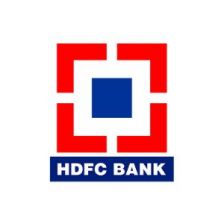
HDFC Bank Limited
Overall Rating: 3/5
The Housing Development Financial Corporation Limited promotes HDFC Bank. IT still holds 19.32% of the shareholding in the bank.
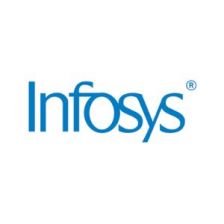
Infosys
Overall Rating: 5/5
Infosys is the second-largest IT company in India, following TCS. It was founded in Pune,
and the promoters still hold 13.1% of the shareholding in the business.
Best Large Cap Stocks
1. Reliance Industries
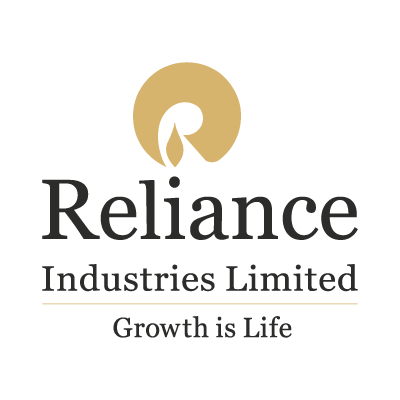
Reliance Industries is a conglomerate based in India and operating globally.
Dhirubhai Ambani founded it, and the Ambanis still hold 50% of the shareholding in the conglomerate.
It is traded with the ticker RIL, and the company's market capitalization is ₹1,742,060 Cr. It was first time on the stock market in November 1995.
The RIL stock has shown an average of 10% return on Equity for the last 10 years, and an 8% Return on Equity in the previous year has been reported.
At the same time, the capital return on the stock has been 23% for the last year 2021-22, 26% for the last 3 years and 31% for the last 5 years.
Features
2. Tata Consultancy Services (TCS)
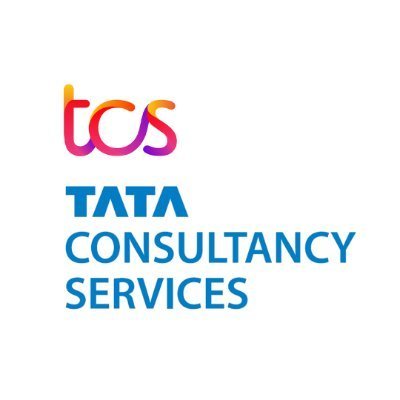
Tata Consultancy Services is an inseparable part of Tata Group, a conglomerate in India. Jamshedji Tata founded it.
TCS is an IT solutions and consulting company that earns more than 50% of its revenue from the US client base, followed by Europe and India.
It was listed initially on the stock market in August 2004. It is traded with the ticker TCS with the market capitalization of the company being ₹ 1,193,326 Cr.
The TCS stock has shown an average of 38% return on Equity for the last 10 years, and a 41% Return on Equity in the previous year has been reported.
In comparison, the capital return on the stock has been 4% for the last year 2021-22, 16% over the previous 3 years and 20% for the last 5 years.
Features
3. HDFC Bank Limited

The Housing Development Financial Corporation Limited promotes HDFC Bank. IT still holds 19.32% of the shareholding in the bank.
The bank operates as the largest private sector banking institution in India. It was initially listed on the stock exchange in November 1995.
Furthermore, it is traded with the ticker HDFCBANK, and the market capitalization of the company is ₹ 772,764 Cr.
The HDFC Bank stock has shown an average of 18% return on Equity for the last 10 years, and an 18% Return on Equity in the previous year has been reported.
At the same time, the capital return on the stock has been -7% for the last year 2021-22, 5% over the previous 3 years and 11% over the previous 5 years.
Features
4. Infosys

Infosys is the second-largest IT company in India, following TCS.
It was founded in Pune, and the promoters still hold 13.1% of the shareholding in the business. It was initially listed on the stock exchange in February 1995.
Furthermore, it is traded with the ticker INFY with the market capitalization of the company being ₹ 614,855 Cr.
The Infosys stock has shown an average of 25% return on Equity for the last 10 years, and a 29% Return on Equity in the previous year has been reported.
In comparison, the capital return on the stock has been 4% for the last year 2021-22, 26% over the previous 3 years and 24% for the last 5 years. Learn more about the stock here
Features
5. Hindustan Unilever Limited
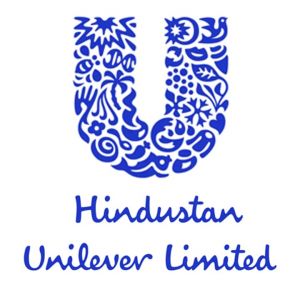
Hindustan Unilever Limited is an Indian company in the business of diversified FMCG products.
It comprises Beauty products, personal care, home care products, and the F&B segment. It was listed initially on the stock market in July 1995.
Furthermore, it is traded with the ticker HINDUNILVR, and the market capitalization of the company is ₹ 547,596 Cr.
The HUL stock has shown an average of 45% return on Equity for the last 10 years, and an 18% Return on Equity in the previous year has been reported.
At the same time, the capital return on the stock has been 0% for the last year 2021-22, 9% for the last 3 years and 17% for the last 5 years.
Features
6. HDFC Limited

Housing Development Finance Corporation (HDFC) Limited was India's first financial services company.
It started focusing on the housing finance industry but today has its presence in insurance, venture capital, asset management, and so on.
It was listed initially on the stock exchange in November 1995. Furthermore, it is traded with the ticker HDFC, and the market capitalization of the company is ₹ 422,719 Cr.
The HDFC stock has shown an average of 17% return on Equity for the last 10 years, and a 13% Return on Equity in the previous year has been reported.
In comparison, the capital return on the stock has been -8% for the last year 2021-22, 3% for the last 3 years and 8% for the previous 5 years. Learn more about the stock here
Features
7. ICICI Bank Limited
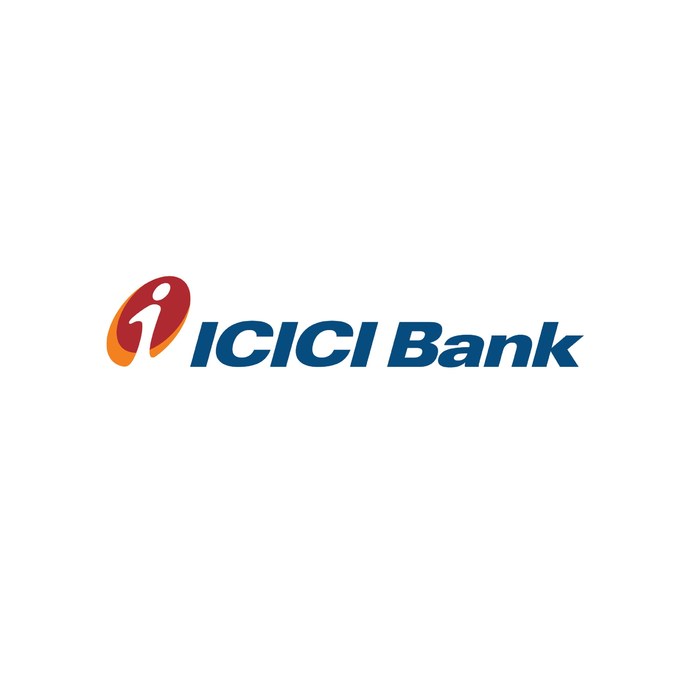
ICICI Bank Limited is a Private Indian bank that offers a wide portfolio of financial services and operates in the global market.
It has operations in Singapore, Hong Kong, the USA, Dubai, China, the UK, Germany, Canada, and Bahrain.
It was listed initially on the stock exchange in September 1997.
Furthermore, it is traded with the ticker ICICIBANK, and the market capitalization of the company is ₹ 514,334 Cr.
The ICICI Bank stock has shown an average of 11% return on Equity for the last 10 years, and a 16% Return on Equity in the previous year has been reported.
In comparison, the capital return on the stock has been 15% for the last year 2021-22, 20% for the last 3 years and 21% for the last 5 years.
Features
8. Bajaj Finance Limited
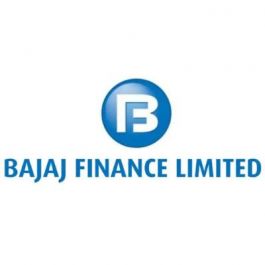
Bajaj Finance is the largest Non-banking financial company in India.
It is focused on Consumer lending, SME finance, Investments, rural lending, Commercial lending, partnerships, and services.
The promotors still hold 55.9% of the shareholding in this NBFC. It was initially listed on the stock market in April 2003.
It is traded with the ticker BAJFINANCE, and the market capitalization of the company is ₹ 362,864 Cr.
The Bajaj Finance stock has shown an average of 18% return on Equity for the last 5 years, and a 17% Return on Equity in the previous year has been reported.
At the same time, the capital return on the stock has been 7% for the last year 2021-22, 21% for the last 3 years and 36% for the last 5 years.
Features
9. State Bank of India (SBI)
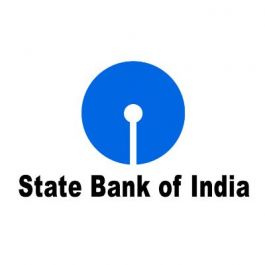
State Bank of India is the first-ever and largest bank in India.
The company is a multinational public banking statutory body in India.
It was initially listed on the stock market in March 1995.
It is traded with the ticker SBIN, and the market capitalization of the company is ₹ 418,520 Cr.
The SBI stock has shown an average of 7% return on Equity for the last 10 years, and a 15% Return on Equity in the previous year has been reported.
In comparison, the capital return on the stock has been 11% for the last year 2021-22, 10% for the last 3 years and 11% over the previous 5 years.
Features
10. Kotak Mahindra Bank Limited
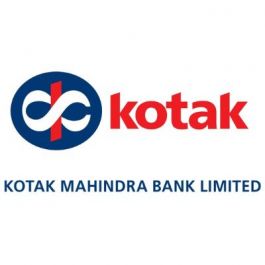
State Bank of India is the first-ever and largest bank in India.
The company is a multinational public banking statutory body in India. It was initially listed on the stock market in March 1995.
It is traded with the ticker SBIN, and the market capitalization of the company is ₹ 418,520 Cr.
The SBI stock has shown an average of 7% return on Equity for the last 10 years, and a 15% Return on Equity in the previous year has been reported.
In comparison, the capital return on the stock has been 11% for the last year 2021-22, 10% for the last 3 years and 11% over the previous 5 years.
Features
11. Starbucks
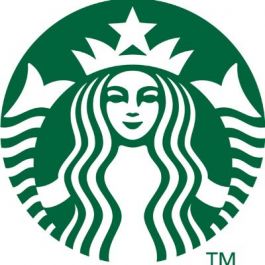
Starbucks Corporation is a multinational business based in America, and coffee outlets and roastery reserves around the world.
It operates in 80 countries with approximately 34,000 outlets. It was listed on the stock exchange in 1992.
Furthermore, it is traded with the ticker SBUX, and the company's market capitalization is approx $88 billion.
The Starbucks corporation started paying out dividends to their shareholders in 2010, and they have been rising steadily ever since.
Features
12. Mercadolibre, Inc.

Mercadolibre, Inc. is an large cap share list that is specially designed with unique solutions for Latin America.
It has its own network of logistics solutions and payment gateway.
Moreover, it also has additional arrangements in place for the partnering offline stores in the country.
It was founded in 1999 and was listed on the stock market in August 2007.
It is traded with the ticker MELI, and the market capitalization of the company is $39.5 billion Its best large cap stocks.
The MELI stock has been showing a steady increase in profits consistently for the last 5 years and has managed almost to double the profits in the previous year, making it a whopping $5 billion.
Features
13. Walmart

Walmart is a chain of supermarket outlets based in America.
It was founded by Sam Walton in 1969, and the promotors still hold 32.4% of the shareholding in the multinational giant. It was initially listed on the large cap companies in 1972.
Furthermore, it is traded with the ticker WMT, and the market capitalization of the company is $346.8 billion.
Walmart is one of the Fortune 500 companies and has approximately 11,000 outlets in 24 countries.
It has operations under 46 different names under the umbrella of Walmart.
Features
14. Vanguard S&P 500 ETF

Vanguard S&P 500 ETF is an index fund that tracks the performance of the S&P500.
The fund was initiated in the 1980s and is one of the most popular index funds out there. It is traded with the ticker VOO.
The fund has diversified equities of various large corporations. It has an expense ratio of 0.03% and is a large cap shares in the industry.
Features
15. Fidelity Contrafund

Fidelity Contrafund is an equity-based fund that puts resources into the large-cap and mid-cap stocks with the alluring potential for long-term profit development.
With an expense ratio of 0.86%, it's significantly more costly than the other equity funds.
However, the asset is effectively made to beat the returns of the S&P 500.
Features
16. ITC Limited
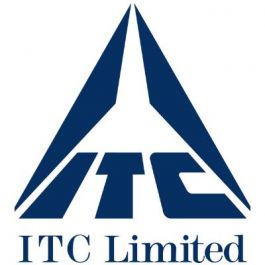
ITC Limited is a conglomerate based in India and operating in various segments, including FMCG, Paper and packaging, Hospitality, Agriculture related products, and so on.
It is a 100% public-owned company. It was initially listed on the stock market in November 1995.
Furthermore, it is traded with the ticker ITC, and the market capitalization of the company is ₹331,742 Cr.
The ITC stock has shown an average of 25% return on Equity for the last 10 years, and a similar 25% Return on Equity in the previous year has been reported.
At the same time, the capital return on the stock has been 26% for the last year 2021-22, and 6% for the last 10 years.
Features
17. Asian Paints Limited

Asian Paints Limited is a multinational company founded in 1942.
It has operations in 60 countries around the world and has many brands under the umbrella entity.
It has 52.6% promotor holdings to date. It was first time listed on the stock market in May 1995.
It is traded with the ticker ASIANPAINT, and the market capitalization of the company is ₹271,918 Cr.
The Asian Paints stock has shown an average of 27% return on Equity for the last 10 years, and a 23% Return on Equity in the previous year has been reported.
In comparison, the capital return on the stock has been -4% for the last year 2021-22, 28% for the last 3 years and 20% for the last 5 years.
Features
Conclusion
This is an illustrative list of stocks that you can start with when you intend to invest in the stock market.
The list also has some Exchange-traded funds listed above, in case you want to start with a safe bet where the industry experts analyze large cap stocks and trends on your behalf.
There are many resources on the internet, paid as well as free, to learn and start investing. If you want to analyze and find more such stocks to invest in, you can get started with the help of this video
frequently asked question
Q1. Are large-cap stocks good?
Large Capital stock companies are usually the ones with the track record of producing reliable outcomes. If you invest after appropriate analysis, then Large cap stocks have the potential to earn regular and decent returns for you.
Q2. What stocks are large-cap?
Large cap stocks are the stocks of the companies that have $ 10 billion or more in market capitalization.
Q3. How do I choose a large-cap stock?
You can make sure that the stock that you are choosing is a large cap stock by ensuring thata the market capitalization is $10 billion or more. Then make sure of the quality of the stock by analysing the fundamentals of the company and its past performance.
Q4. Which is the best Indian stocks to buy now?
If you are a beginner, choose the stock based on the industry that is on the rise. For intsnace, technology based stocks to invest for a long term with a steady return history would be Infosys, TCS and Wipro. Similarly, you can select the stock for other industries as well.
Also Read: Check out my reviews of the best image editing software, the top choices for video editing software, and my full guide to start a blog for beginners.

